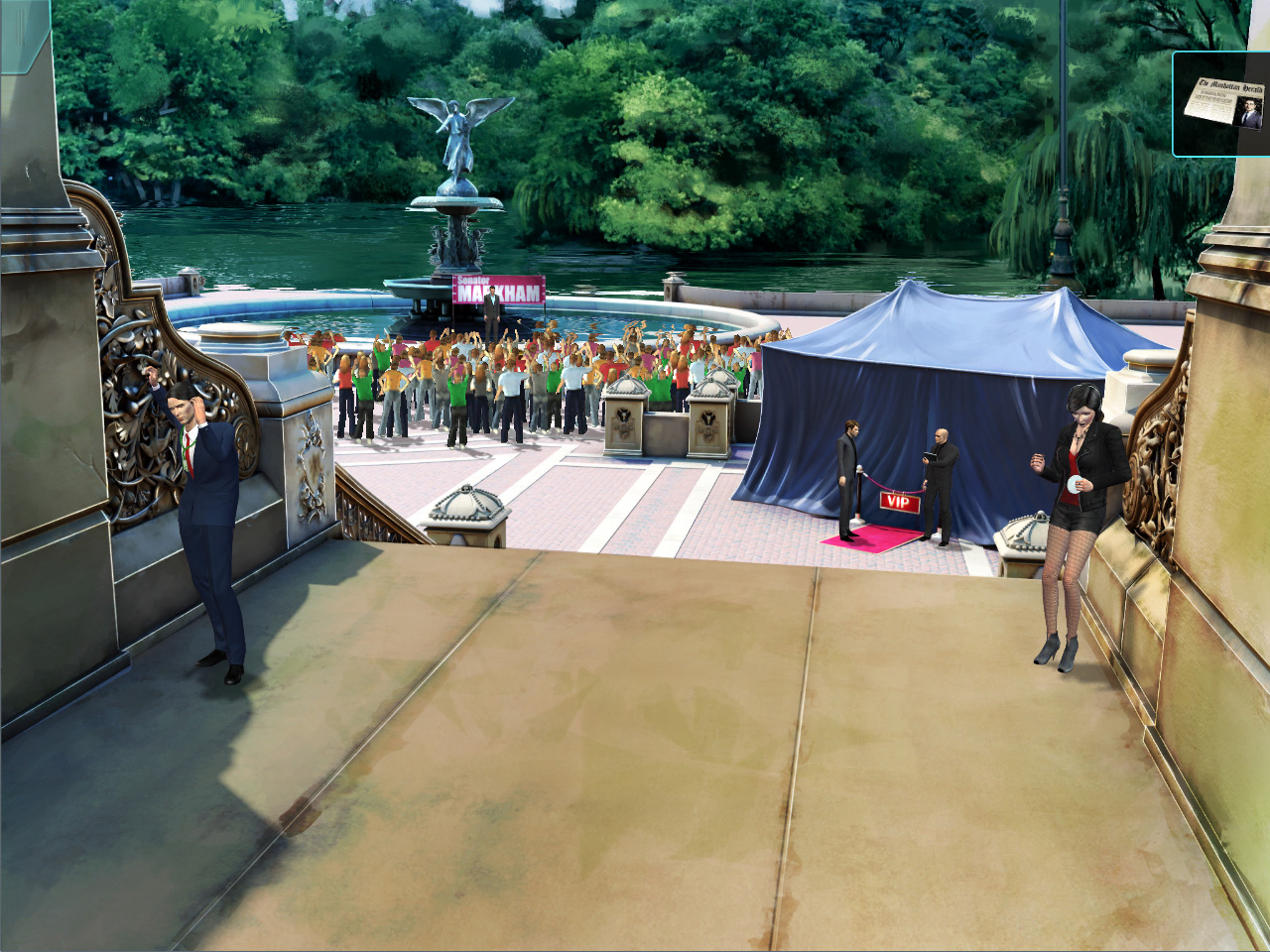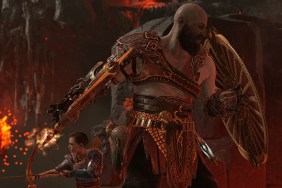↵Davichi FTW.
Moebius: Empire Rising is the first fruit born of the Pinkerton Road Studio Kickstarter by Gabriel Knight mastermind, Jane Jensen. Given that I’ve never played one of those older games, and I was not one of the over 5,800 backers awaiting this, I was not at risk for loss of investment on this brand new IP. Regardless, I found myself invested by the end and my interest piqued for what’s to come.
The game focuses on a snide antique appraiser, Malachi Rector, who runs an office in Manhattan with his assistant, Gretchen. Because of his extensive knowledge of history, a secretive organization run by an eccentric billionaire takes interest in using Malachi to unravel a larger, international mystery. Though events that lead our unlikeable protagonist to investigate a death in Italy are absurd at best, the rest of the tale feels fresh and interesting.
Over the course of his travels, Malachi comes across the strong, blonde all-American David Walker, who becomes his protector and his foil. The relationship between them buds at a slightly different level than common bromance; it is to the point where I found myself yelling at the screen, “Just come out with it already!” Still, what does happen never feels forced or overwrought, and I genuinely liked the two of them as a singular concept by the end of the game.
Like Phoenix Online’s other games, Moebius is a point-and-click affair, but it is not done in the retro, pixelated style like Wadjet Eye is known for. Backgrounds are detailed and romantically illustrated, and characters and objects are all 3D models. The characters all look good but suffer from dated animations, which make walking and interacting tend to look a little silly, especially when objects float around hands instead of in them. I will admit, however, to being delighted to see Malachi pull a slice of chocolate cake on a plate from his blazer and present it to a wealthy politician.
Thankfully, Pinkerton Road has managed to keep the interfacing modern while also presenting some fresh ideas, uncommon for the genre. The bulk of the game is broken in the separate scenes in which the player finds objects for Malachi to look at, comment on, interact with, or take. The awful relic, known as pixel hunting, is nowhere to be found. (Hallelujah!) There were moments when I’d feel at a loss for what to do next, but they were fleeting.
Malachi’s keen skills make for extremely original analysis puzzles. Over the course of the story, you are given subjects to analyze, be they people or objects. Objects are appraised by clicking on various details and determining what other historical object details match to make a final analysis. These were generally simple since they are just a matter of matching pictures.
People, on the other hand, provide a more difficult challenge to analyze. Most characters you meet, both central and peripheral, can be analyzed for a quick assessment of their personalities. Like the objects, you have to click on various physical attributes, but instead of playing a matching game, you have to determine what messages these people send by their expressions, clothing, or way they hold their hands. These puzzles are very brief, but it’s nice to test my profiling capabilities, and they are all optional. The reward is more points that earn you… well, I finished the game with almost a perfect score and wasn’t sure.
Your larger analysis projects involve gathering clues about people, and using those clues to draw comparisons with historical figures. These require Malachi to inspect personal effects and speak with characters to find out enough facts to make well-informed conclusions. Of course, not every character is so forthcoming, and some clues are hidden behind puzzles like charming a librarian long enough to look at her password or finding a way to blackmail a butler into letting you into someone’s bedroom.
Nothing I had to do felt utterly ridiculous, like a certain puzzle involving a duck-shaped inner tube and a key from The Longest Journey. In fact, many solutions arise out of just examining your surroundings. Not every object is of note, but a clue is occasionally hidden behind an observation Malachi has. And as I said, there’s no henpecking to be found here. If there’s an item to pick up, it’ll be apparent against the background.
It took me about 9.5 hours to get through Moebius’s seven chapters, and it was filled with enough intrigue and character development to keep me entertained. The twists I encountered were not revelatory, but the overall narrative drew me in despite some of the sillier sci-fi goings-on. The only bother was that some of the music ineffectively toes the line between ignorable and annoying, gravitating towards the latter when I spent a little too long in one room or another.
Worrisome backers can rest easy with this investment. The intriguing and bromantic tale manages to introduce some fresh concepts in the well-established point-and-click genre. While I had my own ideas about how close Malachi and David should be, and there were some antiquated hang-ups in execution, this is a neat game for fans of Jensen and the genre alike.
-
Intriguing and strange sci-fi/history tales from Jane Jensen
-
Fresh ideas in the form of analysis puzzles
-
No pixel hunting or other annoying gameplay relics
-
Good bromance
-
Some wonky animations and interactions
-
Occasionally bothersome music
-
Unsure what scoring points nets you
-
Likely the start of a series
Moebius Review Screens
-
Moebius Review Screens #1
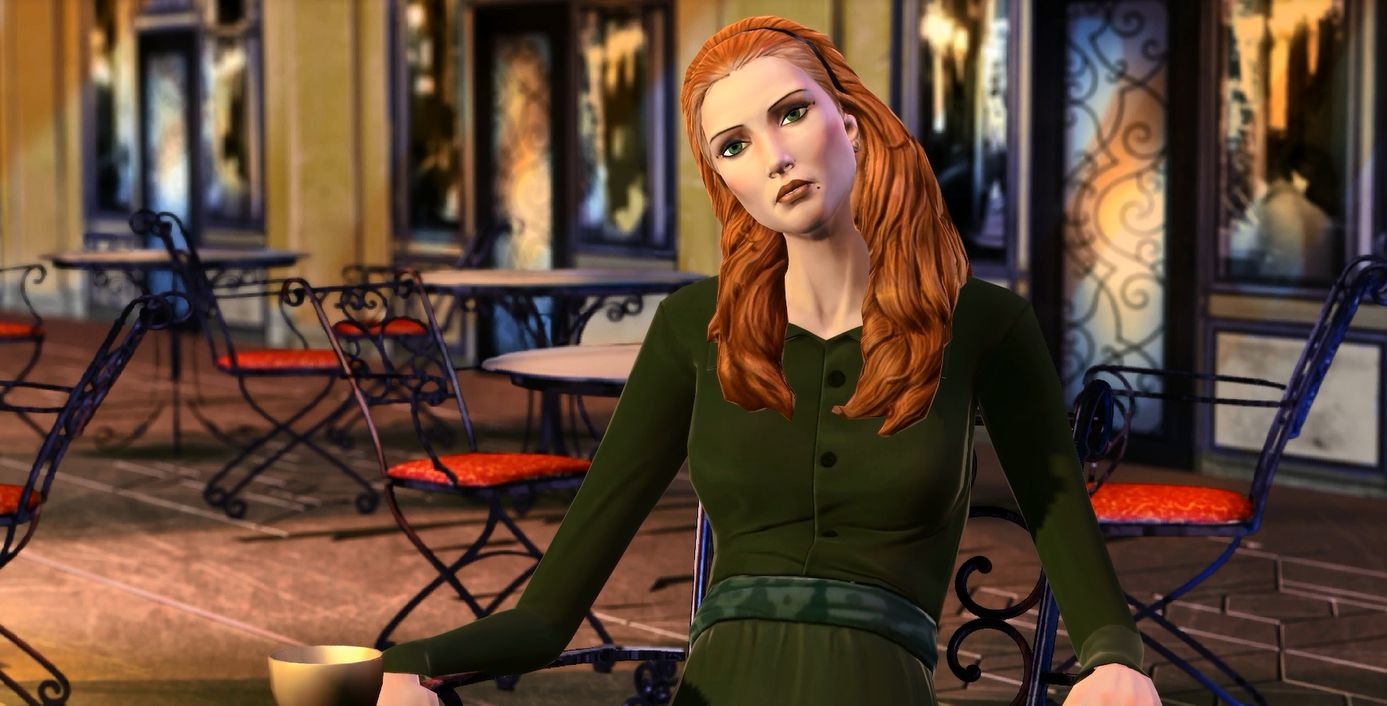
-
Moebius Review Screens #2

-
Moebius Review Screens #3
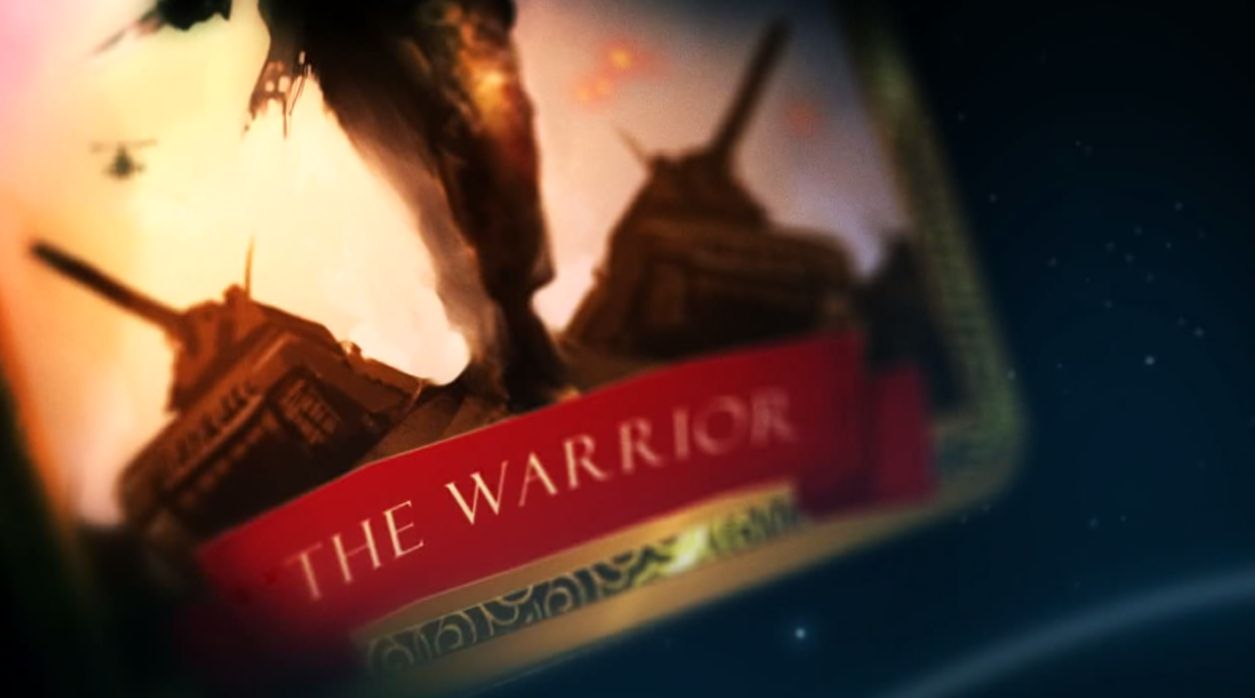
-
Moebius Review Screens #4

-
Moebius Review Screens #5
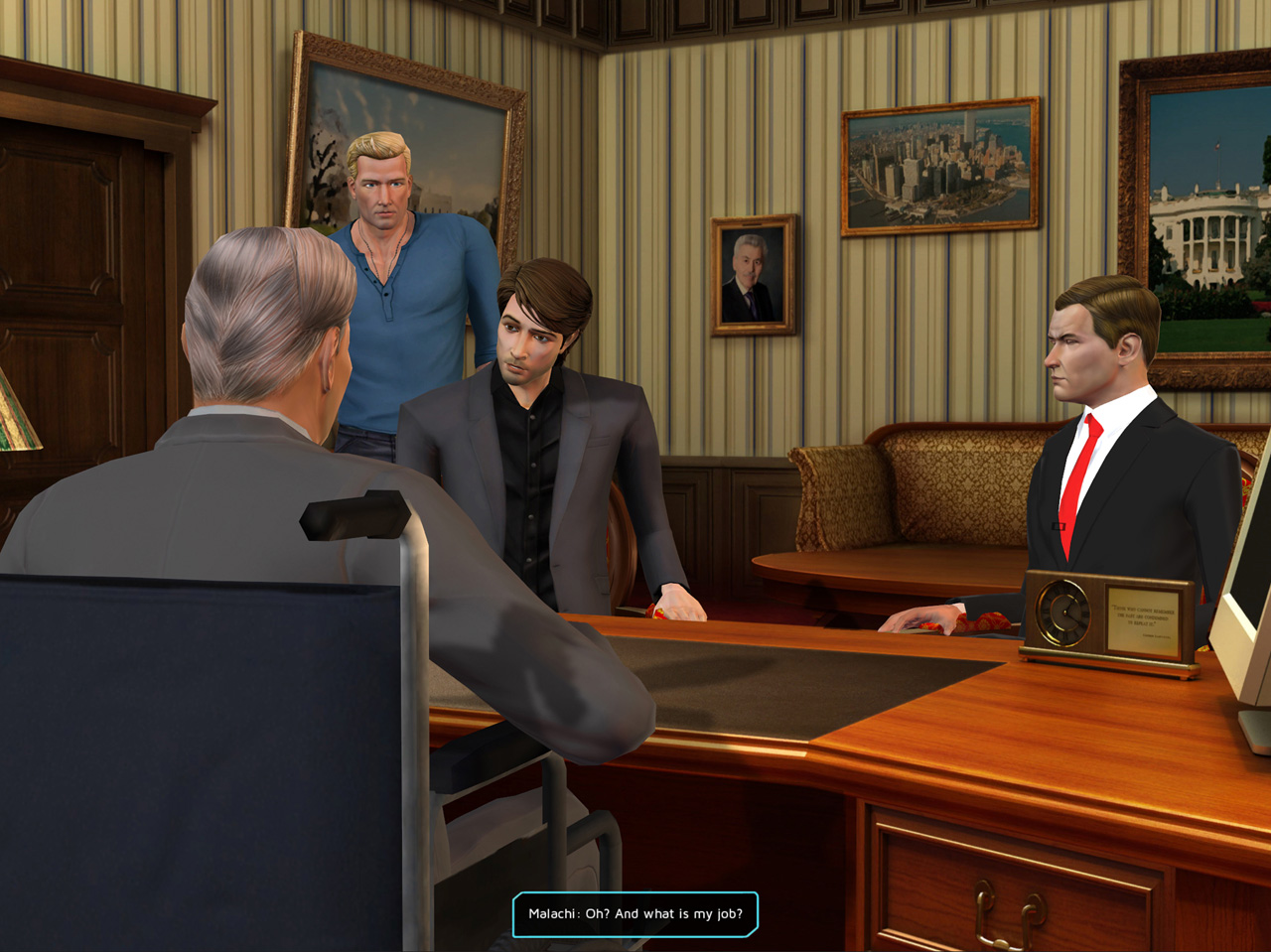
-
Moebius Review Screens #6

-
Moebius Review Screens #7
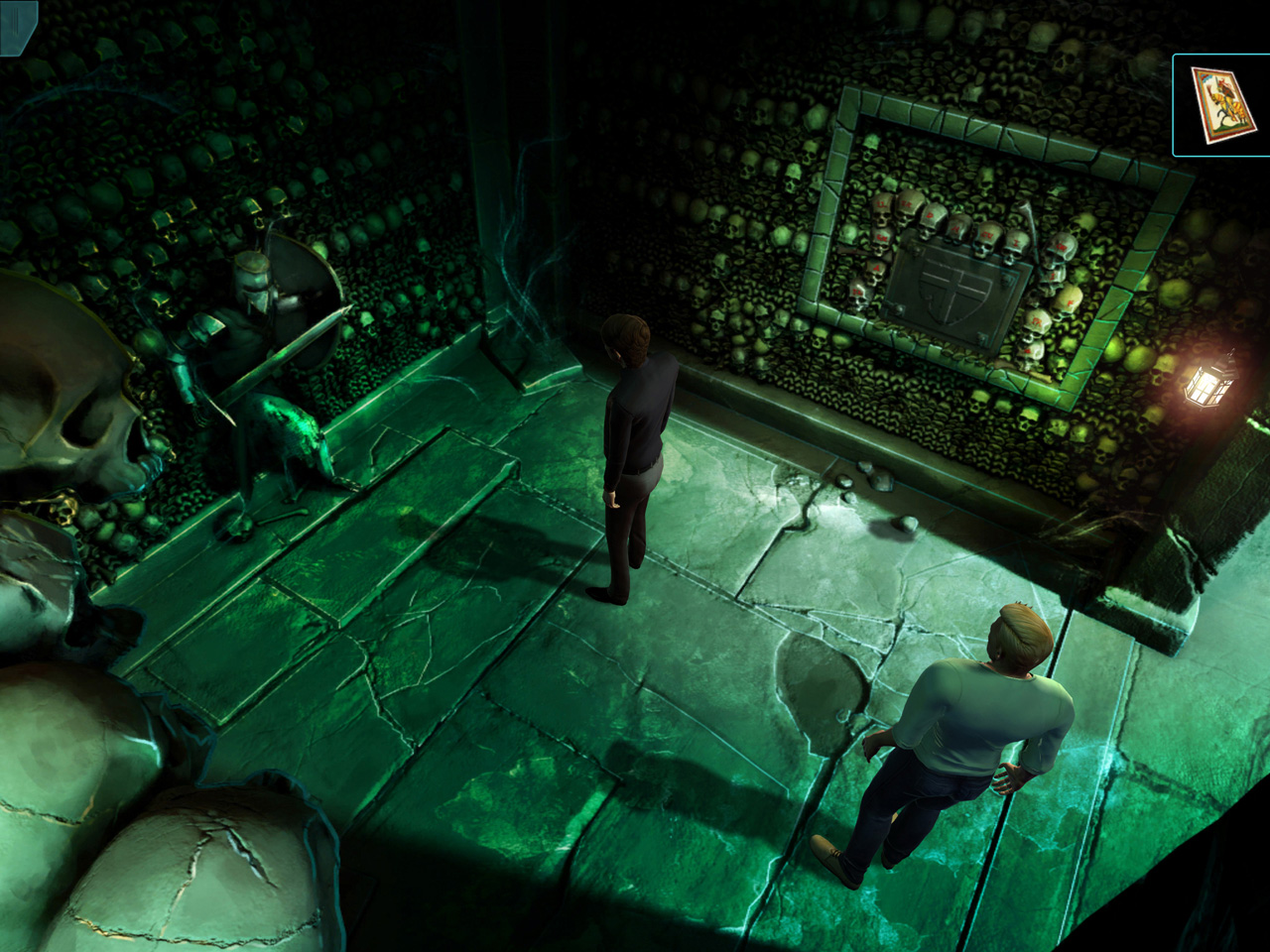
-
Moebius Review Screens #8
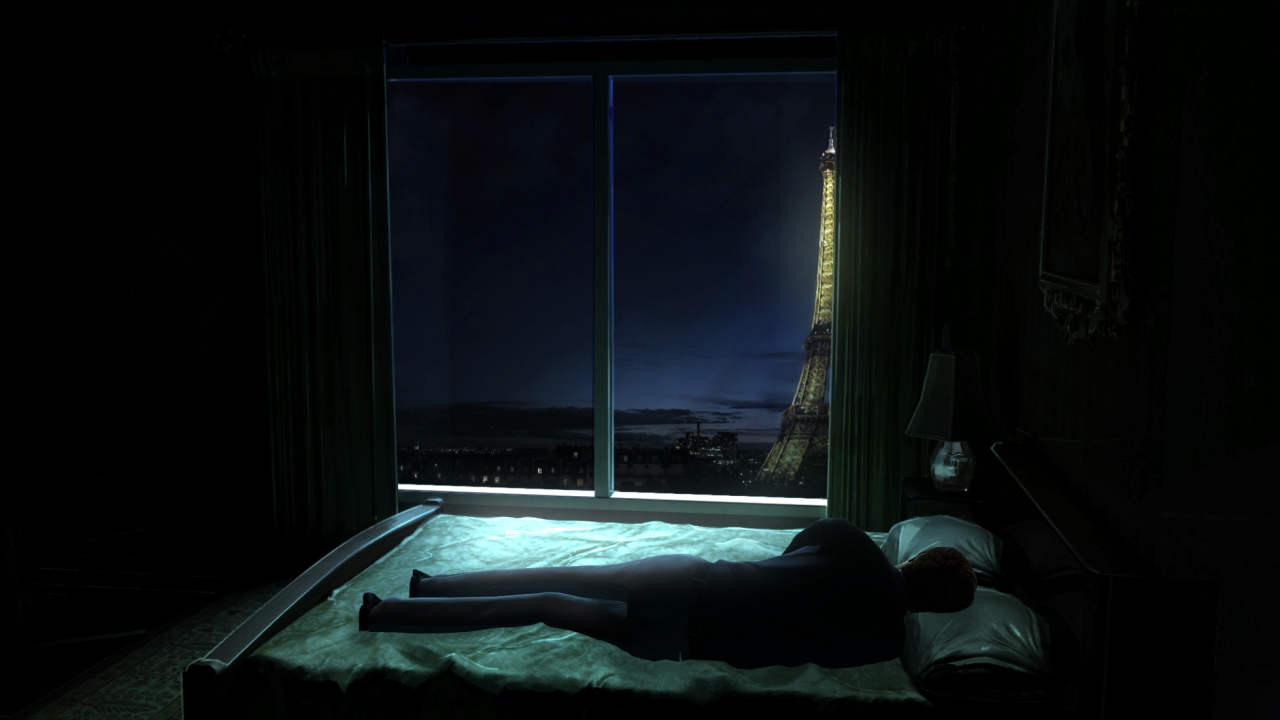
-
Moebius Review Screens #9
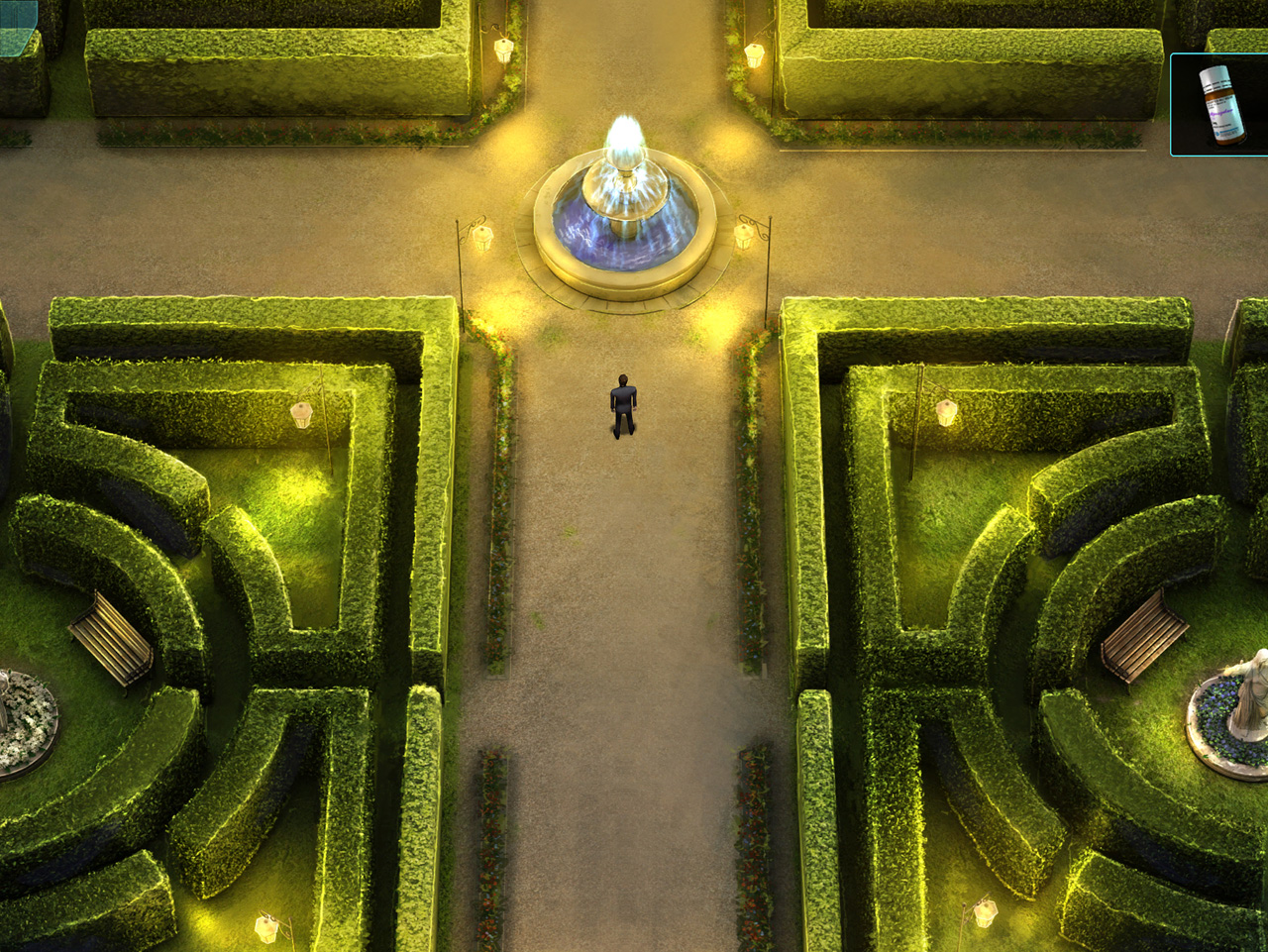
-
Moebius Review Screens #10
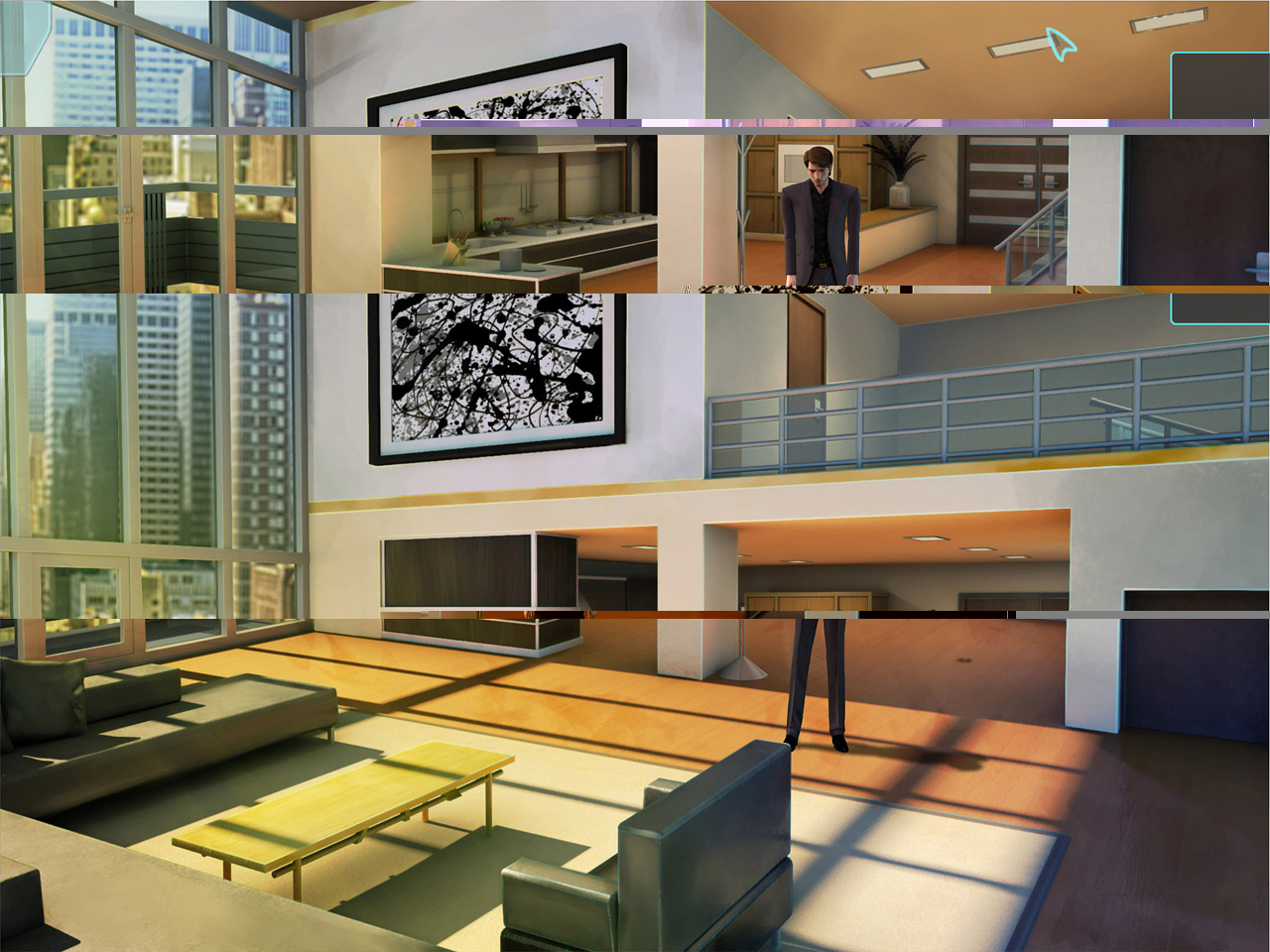
-
Moebius Review Screens #11
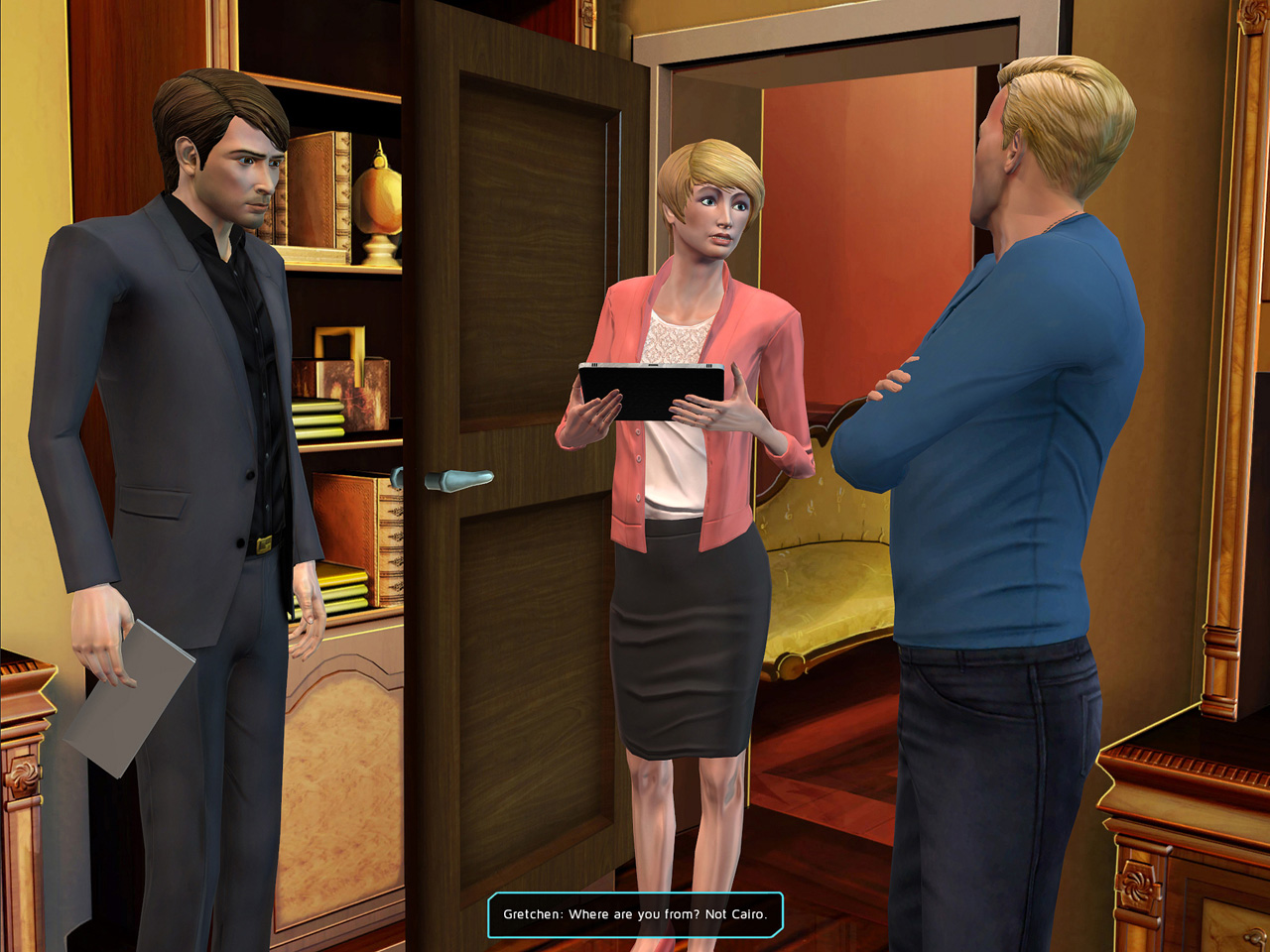
-
Moebius Review Screens #12

-
Moebius Review Screens #13
